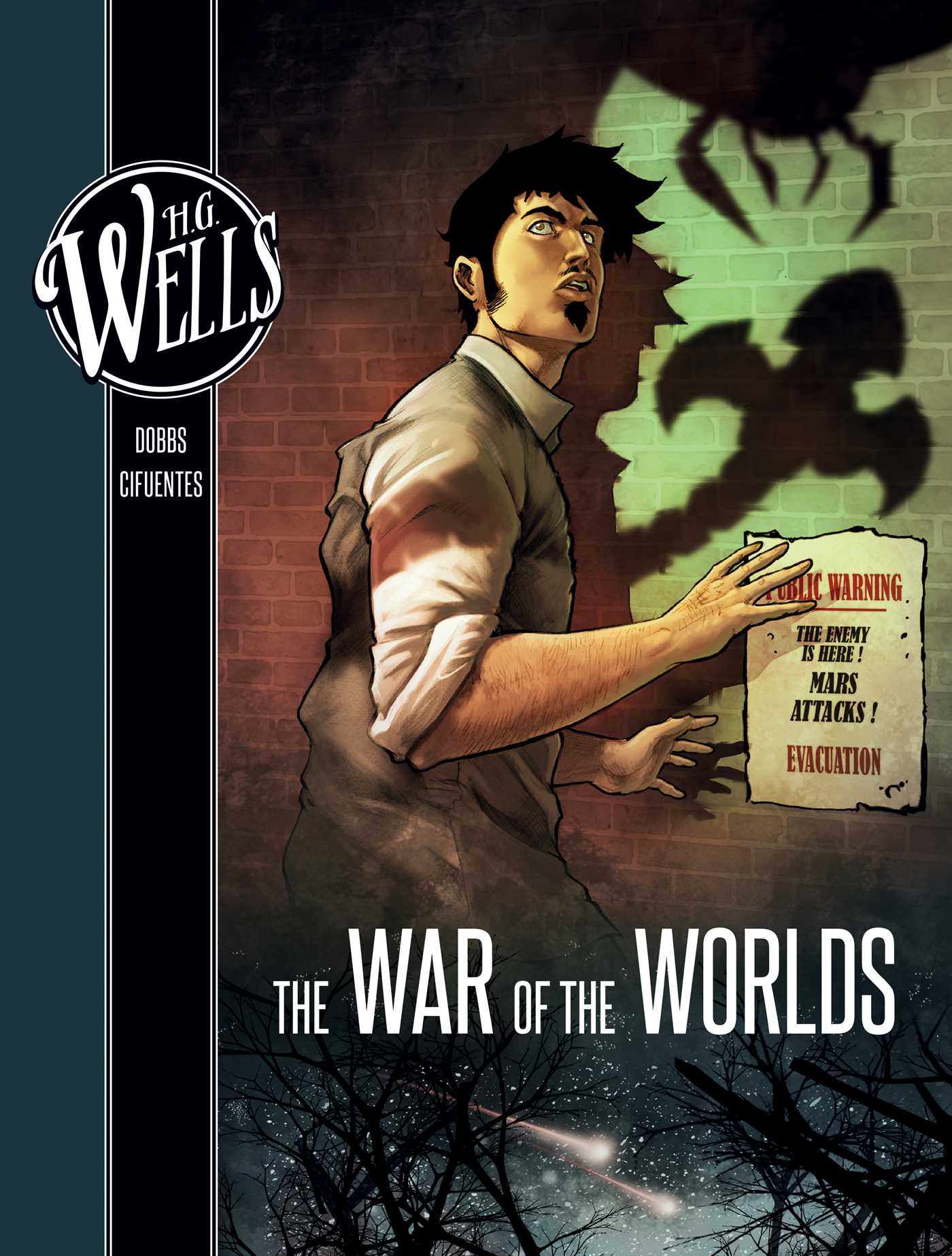


As Londoners and the people of the nearby villages flee in confused terror, the narrator manages to stay hidden in an abandoned building and watches in dismay as the Martians begin to take over. He describes in vivid detail the ghastly emergence of the Martian being from the cylinder the way it destroys curious onlookers and the emergence of Martian destruction machines. 1 of 5 stars 2 of 5 stars 3 of 5 stars 4 of 5 stars 5 of 5 stars. Perfect for acing essays, tests, and quizzes, as well as for writing lesson plans. Learn exactly what happened in this chapter, scene, or section of The War of the Worlds and what it means. The story is written like a journalistic report by a scientist who witnesses the Martian invasion, from the time that the first mysterious cylinders crash into the ground south of London, until the time that their hold upon humanity is quashed. The War of the Worlds: (H G Wells Masterpiece Collection) Published March 24th 2014 by Createspace Independent Publishing Platform. A summary of Book One: Chapters 14 in H.G. In his opening paragraph Wells introduces the idea that men were being studied, just like bacteria under a microscope, by extra-terrestrial life, and in fact this idea foreshadows the end of this fascinating book. Wells, written at the end of the nineteenth century, this question leads to a series of shocking events that leave humanity scarred for ever more.

One of the first observations the journalist narrator makes on encountering the creature that has emerged from the alien cylinder in, er, Surrey, is to note rather starchily "the absence of a chin".Do you ever feel like you are being watched? In this innovative and imaginative book by H. Even the language, at times, is remarkably matter of fact. There is no pulsating final battle, in which a winner is garlanded with the spoils of victory, because the defeated species falls via much more prosaic means. Perhaps that's because there's no hero character a la Dan Dare or Buck Rogers to grab the attention in Wells's battle of civilisations – barely anyone, indeed, has a name. I t's a quirk of literary history that HG Wells's genre-defining tale of Martian invasion is probably more famous for its adaptations – the Orson Welles radio play that supposedly tricked America into believing they were genuinely under attack from Martians, the films, television series, even Jeff Wayne's double album and live tour – than the groundbreaking original, first published in serial format in Pearson's Magazine in 1897. A summary of Book One: Chapters 14 in H.G.


 0 kommentar(er)
0 kommentar(er)
